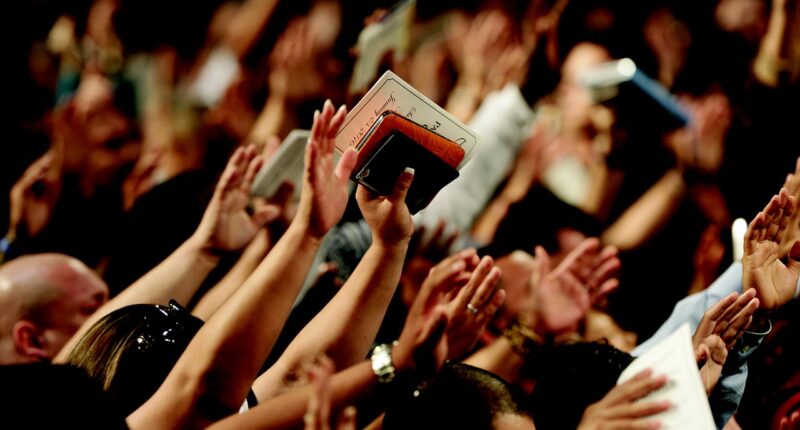Religious technology companies are securing substantial venture capital funding as AI-powered spiritual guidance applications achieve unprecedented download figures and subscription revenues.
Bible Chat, a Christian-focused application, has exceeded 30 million downloads whilst Hallow, a Catholic platform, temporarily surpassed Netflix, Instagram and TikTok for the top position in Apple’s App Store rankings, reports The New York Times.
The emerging “faith tech” sector attracts investment reaching tens of millions of dollars, with users paying subscription fees up to $70 annually for premium spiritual chatbot services. Pray.com has achieved approximately 25 million downloads and recently launched AI chatbot functionality.
These applications deploy large language models trained on religious texts to provide round-the-clock spiritual guidance, functioning as digital chaplains for users seeking religious counsel outside traditional worship settings.
ChatwithGod represents the sector’s more controversial approach, offering chatbots that purport to channel divine entities directly. Chief executive Patrick Lashinsky reports frequent user inquiries about whether they communicate with actual deities, The New York Times found.
Most mainstream platforms position their technology as spiritual assistants rather than divine substitutes, directing users toward established religious doctrine and scripture.
Diverse concerns
Laurentiu Balasa, co-founder of Bible Chat, indicates users approach the platform with diverse concerns, including mental health issues, financial problems and workplace challenges.
The technology addresses accessibility limitations within traditional religious structures, enabling spiritual consultation without geographical or temporal constraints that historically limited access to religious leaders.
Ryan Beck, chief technology officer at Pray.com, acknowledges that foundation models like ChatGPT and Gemini are designed to validate users, creating “affirming” interactions that may differ from traditional religious counselling approaches.
Privacy concerns emerge as users share intimate personal information with AI systems. Catholic priest and podcaster Fr Mike Schmitz questions data security implications of confessional-style interactions with commercial chatbots.
Religious leaders express measured support for the technology provided it supplements rather than replaces community-based worship. Rabbi Jonathan Romain suggests spiritual applications provide entry points for populations without traditional religious exposure.
The sector capitalises on declining church attendance, with approximately 40 million Americans leaving congregations over recent decades whilst maintaining interest in spiritual engagement through digital channels.











